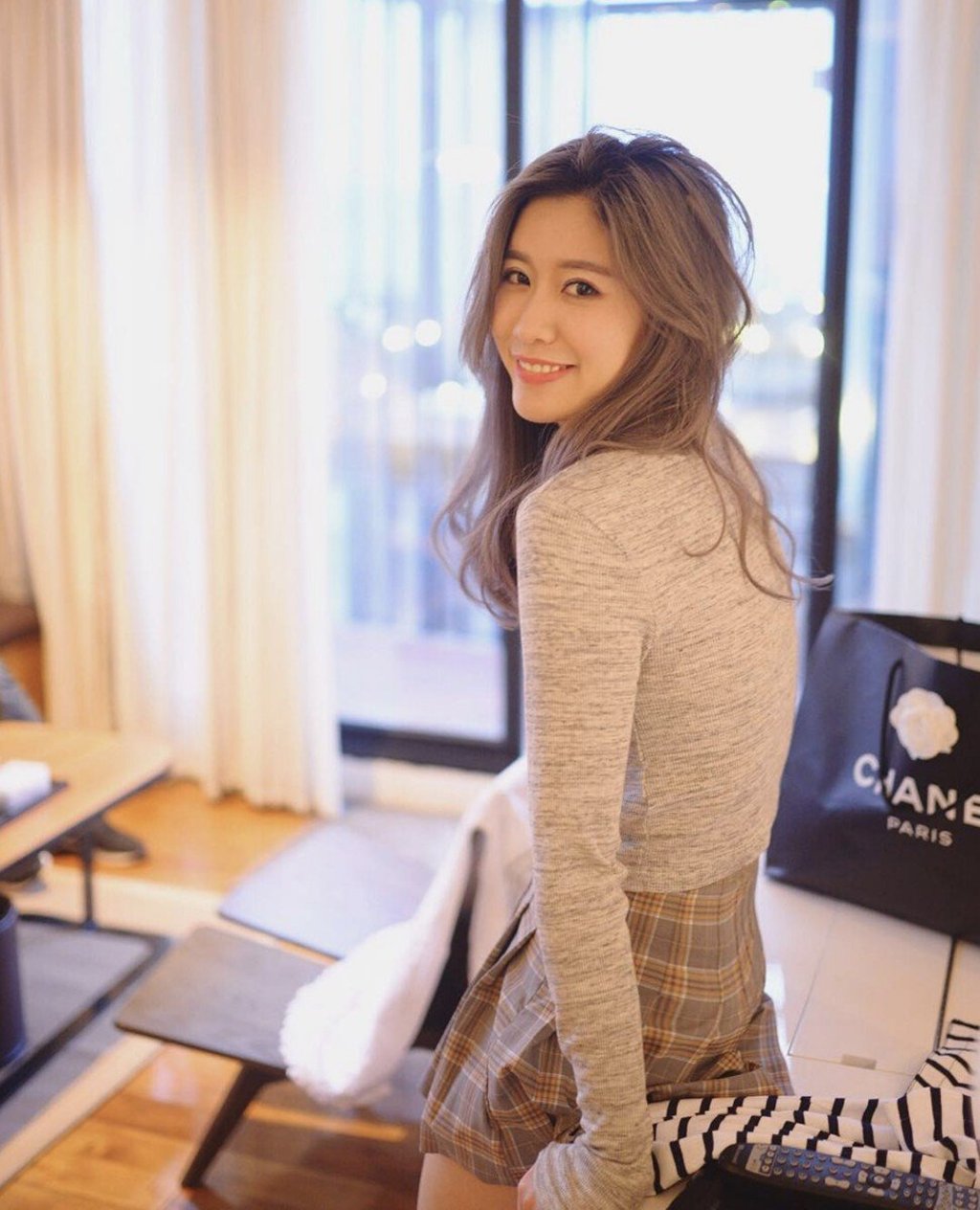China’s selfie culture: youth obsessed with the power of appearances
Meitu’s popular apps and a flippant attitude towards plastic surgery are changing what it means to be beautiful, but the result is not always pretty

HoneyCC likes to say that she scarcely remembers the last time someone called her by her given name, Lin Chuchu. She took her online name from a 2003 film starring Jessica Alba, about an aspiring hip hop dancer and choreographer named Honey who catches her break after a music-video director sees a clip of her performing. Something similar happened for HoneyCC, who also trained in hip hop dance, as well as in jazz and Chinese folk styles, and was equally determined to be discovered.
After an injury cut short her dancing career, a few years ago, she and some friends set up an advertising business. Many of her clients were social-media companies, and her work for them led to an observation about the sector’s development: first there was the text-based service Weibo, the largest social-media network in China at the time; then people started posting images. “But a single picture can only say so much,” she tells me. “To really communicate a message, you need a video.”
Today, HoneyCC is one of the biggest stars on the video-sharing platform Meipai. Launched in 2014, it is now the most popular platform of its kind in China, with nearly 8 billion views per month. In her videos, which last anywhere from 15 seconds to five minutes, she lip-synchs to sentimental ballads, dances to hip hop, stages mini sketches, undergoes beauty treatments and lolls seductively in bed. Petite, with a delicately tapering face, she can play the ingénue, the diva or the girl next door, and costume changes come at dizzying speed.

“Sometimes I look like something out of a dream,” the 27-year-old says, flashing a smile of dazzling bleached teeth. “Other times I look like a mental patient. But a pretty mental patient.”